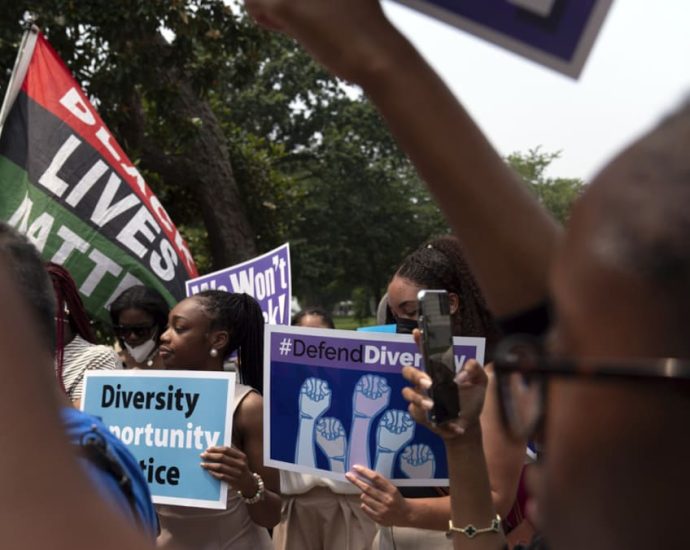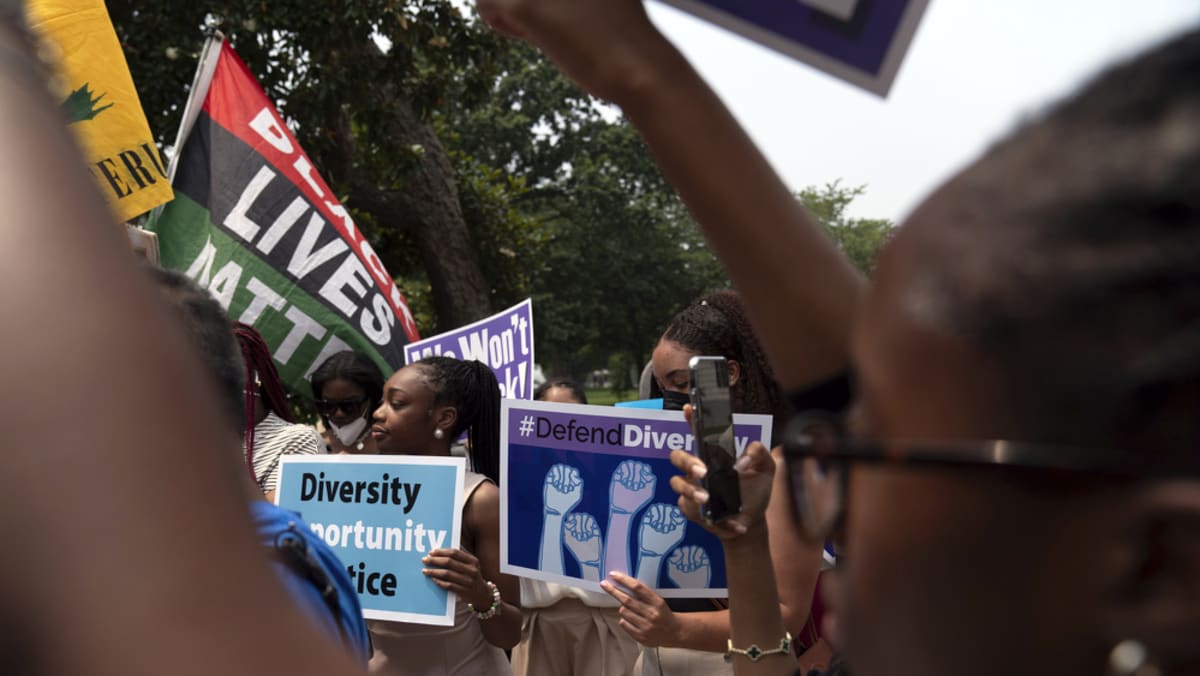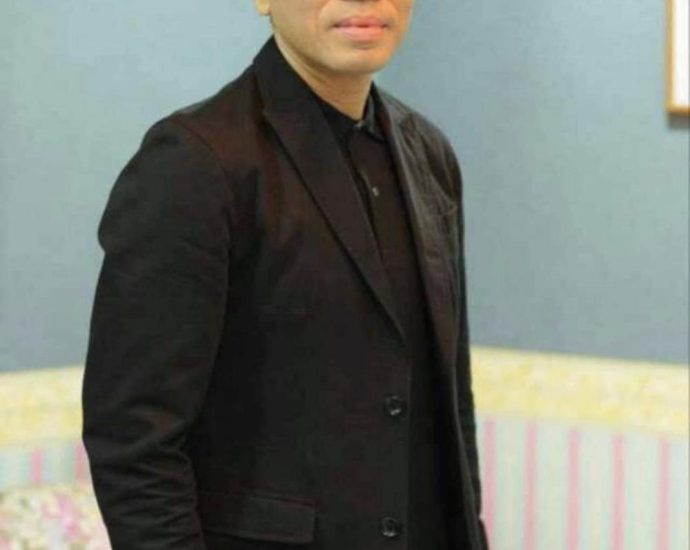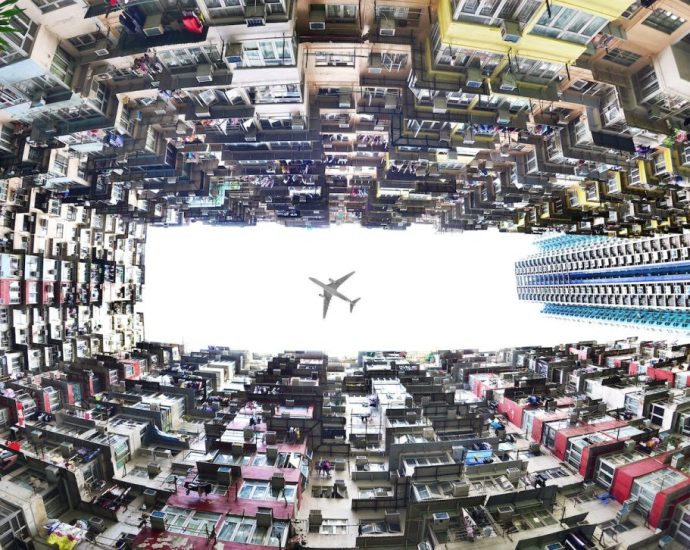FinanceAsia Awards 2025: Southeast Asia winners announced | FinanceAsia
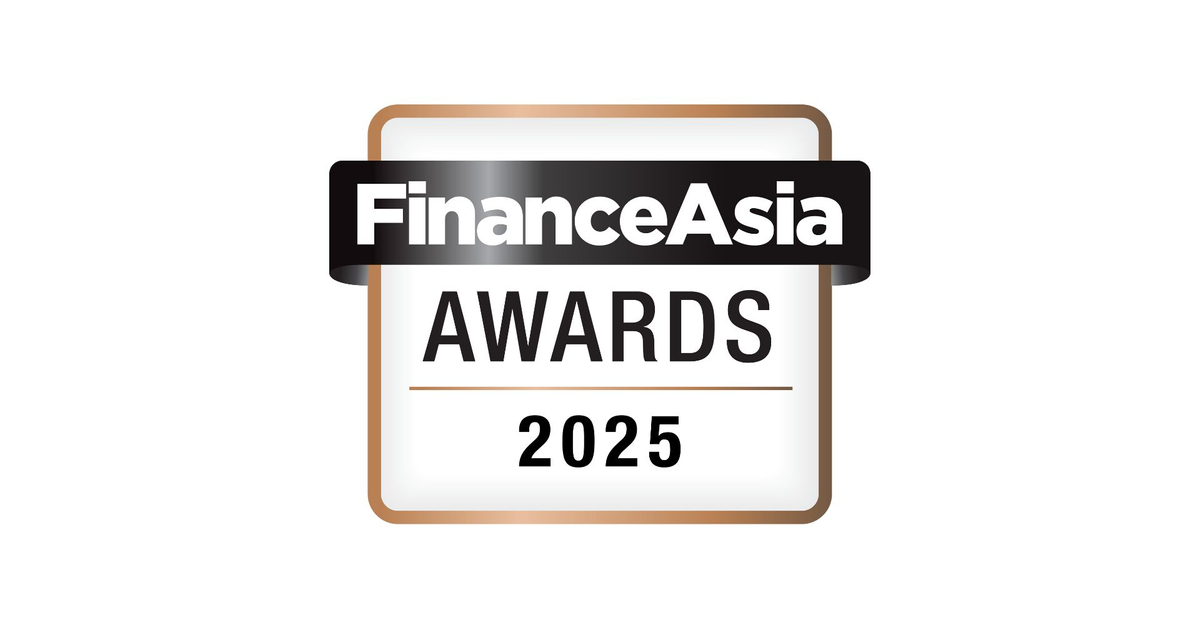
As the world is still yet out of the tariff woods, leading financial institutions across Asia Pacific (Apac) continue to navigate the uncertain tides and have made waves in the uncertain time. In the meantime, It was another challenging year for institutions in Asia as the global economy continues to recover after the Covid-19 pandemic, with sluggish economic growth.
It is worth pausing to celebrate people, teams and organisations that have withstood the test of another challenging, if not difficult, year. Not only does geopolitcal complexity persist, each market is on their unique mission towards recovery, sustainability, digitalisation, restructuring, or innovation.
The FinanceAsia team invited banks, brokers, ratings agencies and other financial institutions, to showcase their capabilities when supporting their clients. Our awards process celebrates those institutions that showed determination to deliver desirable outcomes, through the display of commercial and technical acumen.
This year marks the 29th iteration of our FinanceAsia awards and celebrates activity that took place during the 12 months of 2024.
Read on for details of the winners and finalists (entrants whose submissions were ((Highly commended by our jury) for North Asia. Full write-ups explaining the rationale behind winner selection will be published the Awards edition of FinanceAsia, with subsequent syndication online.
Congratulations to all of our winners in the Southeast Asian (SEA) markets:
BRUNEI DOMESTIC
BEST BANK
Baiduri Bank
INDONESIA DOMESTIC
BEST BANK
PT Bank Mandiri (Persero) Tbk
Highly commended – Bank BRI
BEST BANK FOR FINANCIAL INCLUSION
Bank BRI
BEST BROKER
PT CGS International Sekuritas Indonesia
BEST COMMERCIAL BANK – SMES
Bank BRI
BEST CORPORATE BANK – LARGE CORP & MNCS
PT Bank Mandiri (Persero) Tbk
BEST CUSTODIAN BANK
Bank BRI
Highly commended – PT Bank Mandiri (Persero) Tbk
BEST DCM HOUSE
PT Indo Premier Sekuritas
BEST ESG CONSULTANT
UMBRA – Strategic Legal Solutions
BEST LAW FIRM
UMBRA – Strategic Legal Solutions
BEST PRIVATE BANK
Bank BRI
BEST RETAIL BANK
PT Bank Mandiri (Persero) Tbk
BEST STRATEGIC INITIATIVE – BANKS
PT Bank Mandiri (Persero) Tbk
Highly commended – PT Bank Syariah Indonesia Tbk
BEST SUSTAINABLE BANK
PT Bank Mandiri (Persero) Tbk
BIGGEST SUSTAINABLE IMPACT – BANKS
PT Bank Mandiri (Persero) Tbk
MOST DEI PROGRESSIVE – BANKS
PT Bank Mandiri (Persero) Tbk
MOST INNOVATIVE USE OF TECHNOLOGY – BANKS
PT Bank Mandiri (Persero) Tbk
Highly commended – Bank Saqu
INDONESIA INTERNATIONAL
BEST BANK
BNP Paribas
BEST COMMERCIAL BANK – SMES
OCBC
BEST DCM HOUSE
DBS Bank
BEST ECM HOUSE
UBS
BEST INVESTMENT BANK
Deutsche Bank
Highly commended – UBS
BEST M&A HOUSE
UBS
BEST SUSTAINABLE BANK
DBS Bank
BIGGEST SUSTAINABLE IMPACT – NONBANK FINANCIAL INSTITUTIONS
Credit Guarantee and Investment Facility (CGIF)
MALAYSIA DOMESTIC
BEST BROKER
CGS International Securities Malaysia
BEST COMMERCIAL BANK – SMES
Alliance Bank Malaysia
BEST CORPORATE BANK – LARGE CORP & MNCS
Maybank
BEST DCM HOUSE
CIMB
Highly commended – Maybank Investment Bank
BEST ECM HOUSE
CIMB
BEST INVESTMENT BANK
CIMB
BEST M&A HOUSE
CIMB
BEST SUSTAINABLE BANK
Maybank Investment Bank
BIGGEST SUSTAINABLE IMPACT – NONBANK FINANCIAL INSTITUTIONS
AmInvest
MOST INNOVATIVE USE OF TECHNOLOGY – BANKS
Kenanga Investment Bank Berhad
MALAYSIA INTERNATIONAL
BEST BANK
UOB Malaysia
BEST COMMERCIAL BANK – SMES
OCBC
BEST M&A HOUSE
UBS
BEST SUSTAINABLE BANK
UOB Malaysia
MYANMAR DOMESTIC
MOST INNOVATIVE USE OF TECHNOLOGY – BANKS
KBZ Bank
PHILIPPINES DOMESTIC
BEST BANK
BDO Unibank
Highly commended – Bank of the Philippine Islands
BEST BANK FOR FINANCIAL INCLUSION
BPI Foundation, Inc.
BEST BROKER
First Metro Securities Brokerage Corporation
BEST COMMERCIAL BANK – SMES
Security Bank Corporation
BEST CORPORATE BANK – LARGE CORP & MNCS
Bank of the Philippine Islands
BEST DCM HOUSE
First Metro Investment Corporation
BEST ECM HOUSE
BPI Capital Corporation
BEST INVESTMENT BANK
BPI Capital Corporation
Highly commended – Security Bank Capital Investment Corporation
BEST RETAIL BANK
Bank of the Philippine Islands
BEST SUSTAINABLE BANK
Bank of the Philippine Islands
BIGGEST SUSTAINABLE IMPACT – BANKS
Bank of the Philippine Islands
PHILIPPINES INTERNATIONAL
BEST BANK
HSBC
BEST BANK FOR PUBLIC SECTOR CLIENTS
Citibank N.A
.
BEST CORPORATE BANK – LARGE CORP & MNCS
Citibank N.A.
BEST CORRESPONDENT BANK
Citibank N.A.
BEST CUSTODIAN BANK
HSBC
BEST DCM HOUSE
UBS
BEST ECM HOUSE
UBS
BEST INVESTMENT BANK
UBS
BEST M&A HOUSE
UBS
BEST STRATEGIC INITIATIVE – NONBANK FINANCIAL INSTITUTIONS
FinVolution Group
SINGAPORE DOMESTIC
BEST BANK
United Overseas Bank
BEST BROKER
Maybank Securities Singapore (MSSG)
BEST COMMERCIAL BANK – SMES
OCBC
BEST DCM HOUSE
United Overseas Bank Limited
BEST ECM HOUSE
DBS Bank
BEST INVESTMENT BANK
DBS Bank
BEST LAW FIRM
Allen & Gledhill
BEST M&A HOUSE
United Overseas Bank Limited
BEST SUSTAINABLE BANK
DBS Bank
MOST INNOVATIVE USE OF TECHNOLOGY – BANKS
OCBC
MOST INNOVATIVE USE OF TECHNOLOGY – NONBANK FINANCIAL INSTITUTIONS
UOB Asset Management
SINGAPORE INTERNATIONAL
BEST BANK
Citi Singapore
BEST DCM HOUSE
UBS
BEST INVESTMENT BANK
Citi Singapore
BEST M&A HOUSE
UBS
BEST SUSTAINABLE BANK
ANZ
MOST DEI PROGRESSIVE – NONBANK FINANCIAL INSTITUTIONS
Aberdeen Investments
MOST INNOVATIVE USE OF TECHNOLOGY – BANKS
CIMB Singapore
MOST INNOVATIVE USE OF TECHNOLOGY – NONBANK FINANCIAL INSTITUTIONS
Aberdeen Investments
Highly commended – Marex Solutions
THAILAND DOMESTIC
BEST BROKER
CGS International Securities Thailand
BEST DCM HOUSE
KASIKORNBANK PUBLIC COMPANY LIMITED
BEST ECM HOUSE
Kiatnakin Phatra Securities Public Company Limited
BEST INVESTMENT BANK
Kiatnakin Phatra Securities Public Company Limited
BEST LAW FIRM
Weerawong, Chinnavat and Partners
BEST M&A HOUSE
Kiatnakin Phatra Securities Public Company Limited
BEST SUSTAINABLE BANK
Bangkok Bank PCL
THAILAND INTERNATIONAL
BEST BANK
HSBC Thailand
BEST ECM HOUSE
UBS
Highly commended – Maybank Investment Bank
BEST INVESTMENT BANK
UBS
BEST M&A HOUSE
UBS
BEST SUSTAINABLE BANK
UOB Thailand
BIGGEST SUSTAINABLE IMPACT – BANKS
UOB Thailand
VIETNAM DOMESTIC
BEST BANK
Vietnam Technological and Commercial Joint Stock Bank (Techcombank)
Highly commended – Asia Commercial Bank
BEST BANK FOR PUBLIC SECTOR CLIENTS
Saigon-Hanoi Commercial Joint Stock Bank (SHB)
BEST BROKER
SSI Securities Corporation
BEST DCM HOUSE
SSI Securities Corporation
BEST INVESTMENT BANK
SSI Securities Corporation
BEST LAW FIRM
YKVN LLC
BEST SUSTAINABLE BANK
Vietnam Technological and Commercial Joint Stock Bank (Techcombank)
Highly commended – OCB
MOST INNOVATIVE USE OF TECHNOLOGY – NONBANK FINANCIAL INSTITUTIONS
Techcom Securities Joint Stock Company
VIETNAM INTERNATIONAL
BEST BANK
HSBC
BEST COMMERCIAL BANK – SMES
Citi Vietnam
BEST CORPORATE BANK – LARGE CORP & MNCS
Citi Vietnam
BEST DCM HOUSE
HSBC
BEST ECM HOUSE
HSBC
Highly commended – UBS
BEST INVESTMENT BANK
UBS
BEST M&A HOUSE
UBS
BEST SUSTAINABLE BANK
Citi Vietnam
BIGGEST SUSTAINABLE IMPACT – BANKS
HSBC
BIGGEST SUSTAINABLE IMPACT – NONBANK FINANCIAL INSTITUTIONS
Private Infrastructure Development Group (PIDG)
MOST INNOVATIVE USE OF TECHNOLOGY – BANKS
HSBC
¬ Haymarket Media Limited. All rights reserved.

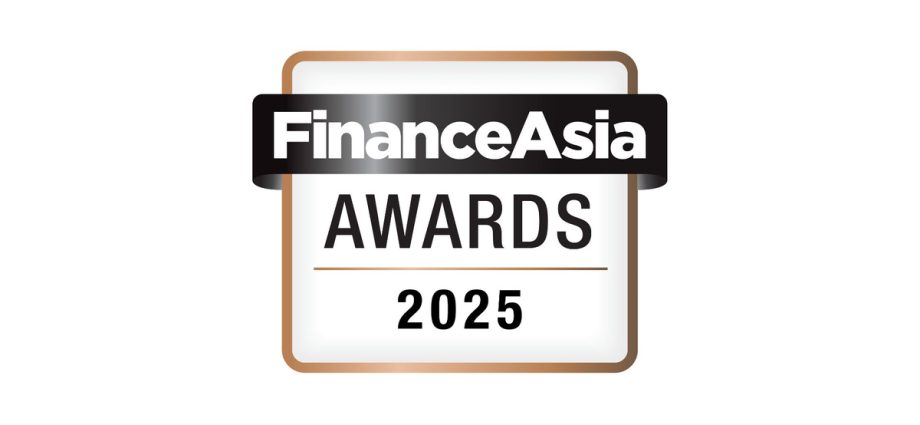
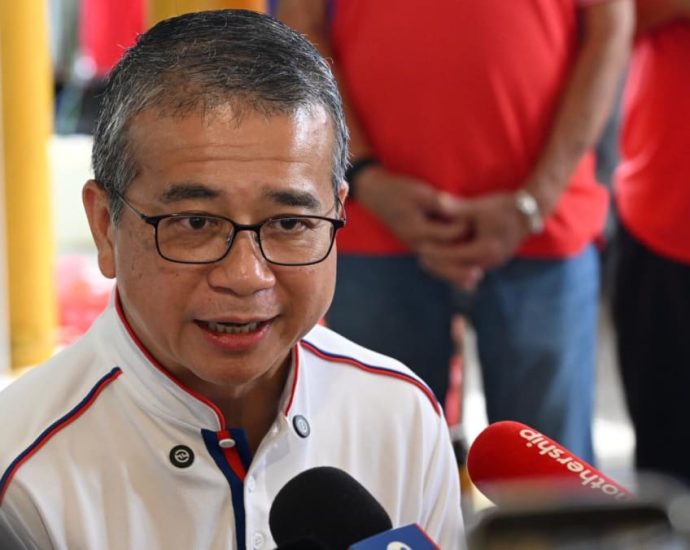
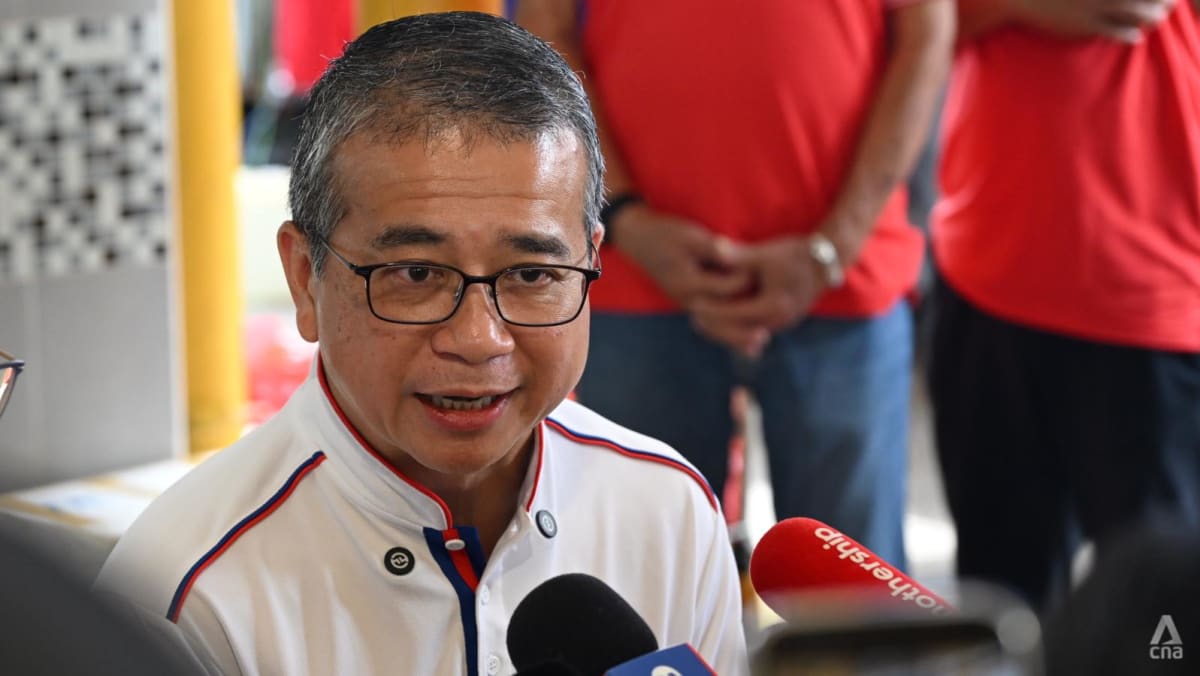
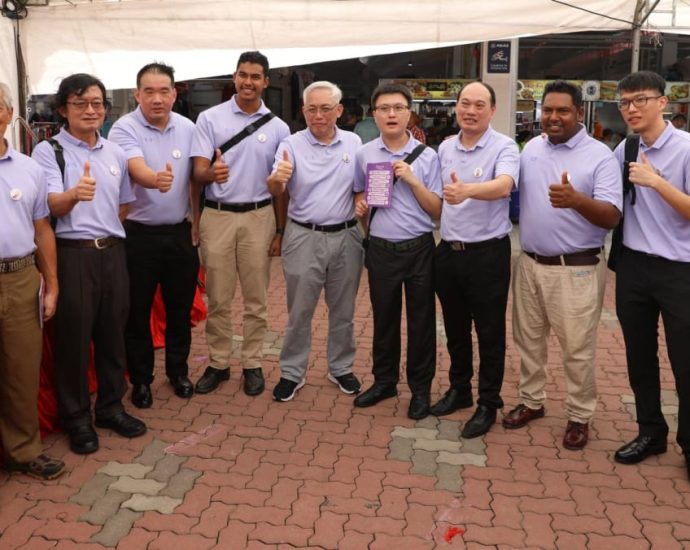
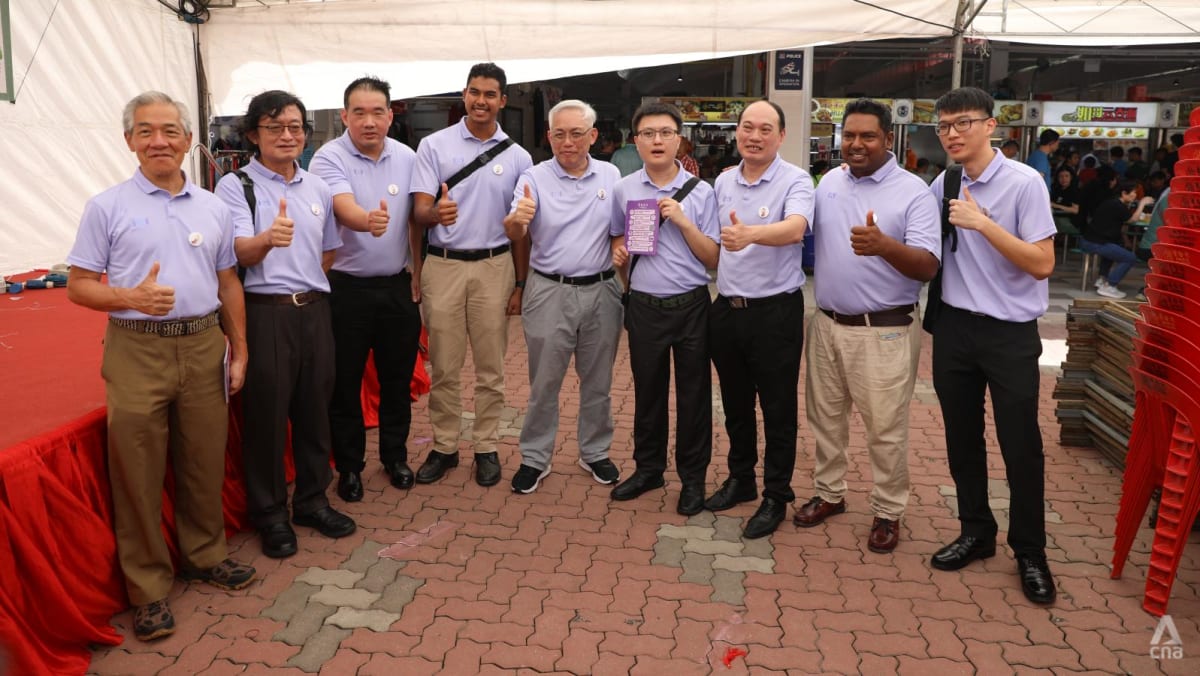
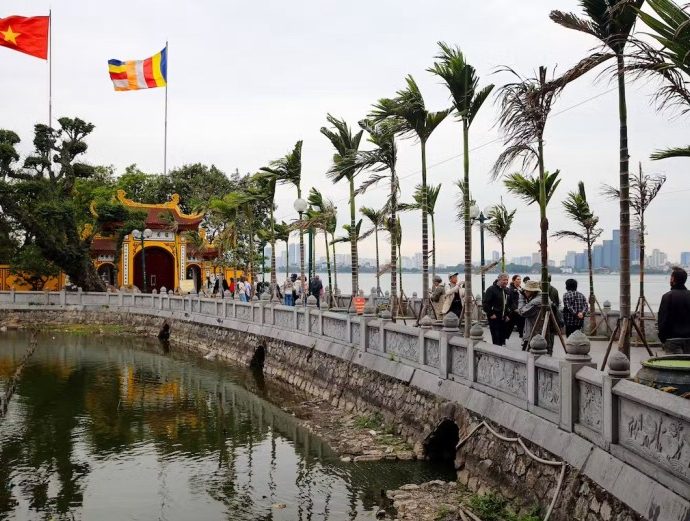


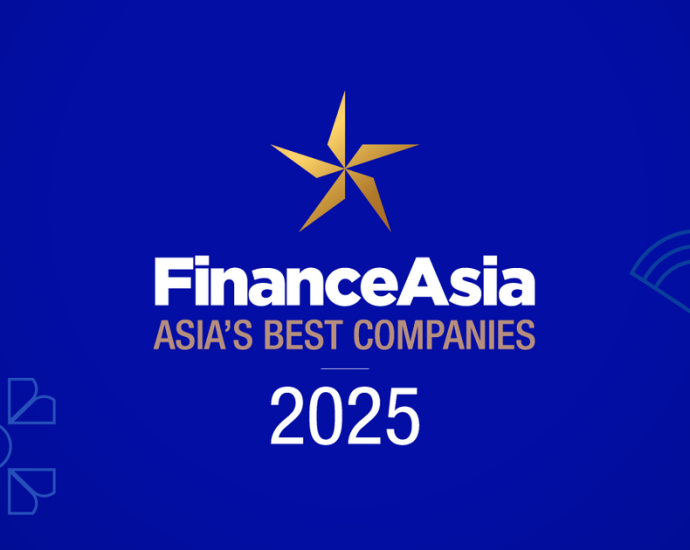
.png&h=630&w=1200&q=100&v=5f99a4b43f&c=1)
